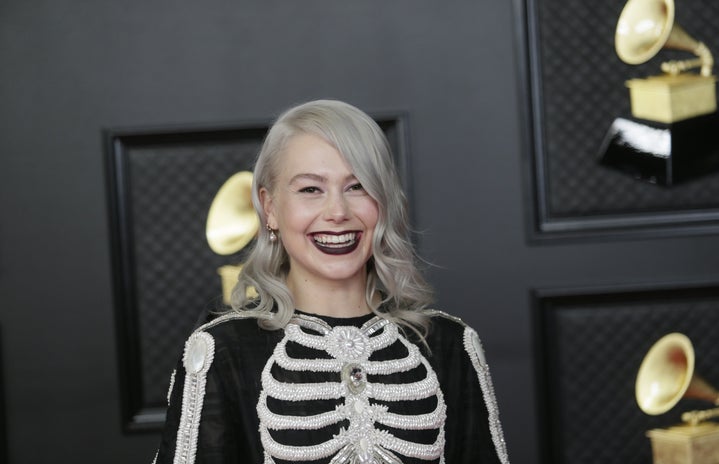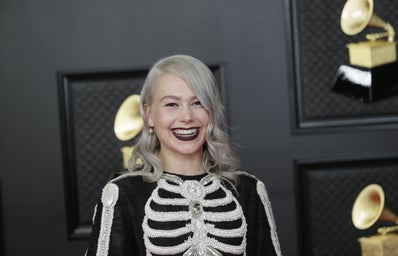Sunday, April 3 was the 64th Annual Grammy Awards, and once again, people were up in arms about this year’s winners.
Some of the most notable winners this year include Jon Batiste for Album of the Year, Olivia Rodrigo for Best New Artist, and Kiss Me More by Doja Cat and SZA for Best Pop Duo/Group Performance. And while some of the biggest names in music were honored to win this award season, many fans are left wondering why some musicians have yet to win a Grammy.
Some of music’s most historical groups and individuals who have not won a Grammy include: Queen, Jimi Hendrix, Tupac Shakur, ABBA, and Guns N’ Roses. There is also a long list of more recent artists who many feel are deserving but haven’t won: Nicki Minaj, Justin Bieber, Ariana Grande, Katy Perry, Sia, and Blake Shelton.
Altogether, these musicians have racked up hundreds of nominations over the years, but none have ever won. In 2021, the Grammy Awards got rid of its anonymous voting committees, which have a long history of criticism from musicians and fans alike.
In 2021, The Weeknd publicly criticized The Grammy Awards after receiving no nominations for the year, despite having a record-breaking song on the US Top 10 list. In 2018, The Grammy’s invited rapper Mac Miller’s parents to the award show in light of his recent death and nomination, only for him to lose in his category.
So when music history’s greatest nominees have still not won a Grammy, why do the awards continue to hold so much weight in the industry?
It all comes down to the history of the award show, and Hollywood’s fascination with award show season as a whole. The first-ever Grammy Awards was held in 1958, with big names such as Frank Sinatra and Henry Mancini present. They started off as a prestigious, invite-only event, and that honor is still very prevalent today. But the long history of secret committees and nominee upsets casts a dark shadow over the show’s legacy: bias, rigging, and prejudices.
Personally, I’ve lost my enjoyment of watching these award shows for this very reason. When some of the biggest names in music have smashed records and sold millions of copies of their songs, but have yet to be honored with a prestigious Grammy Award, I can’t help but wonder what criteria the winners are decided with.


